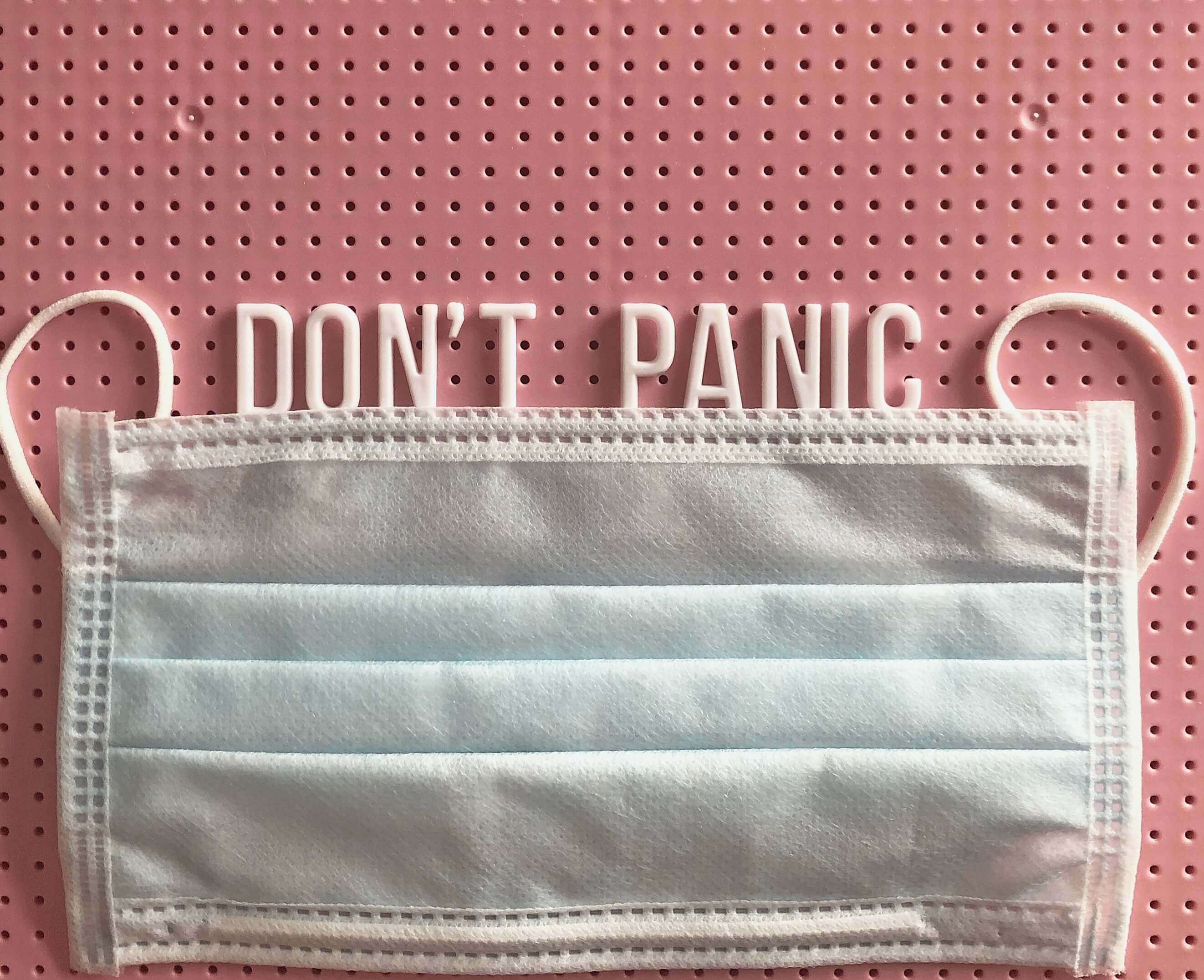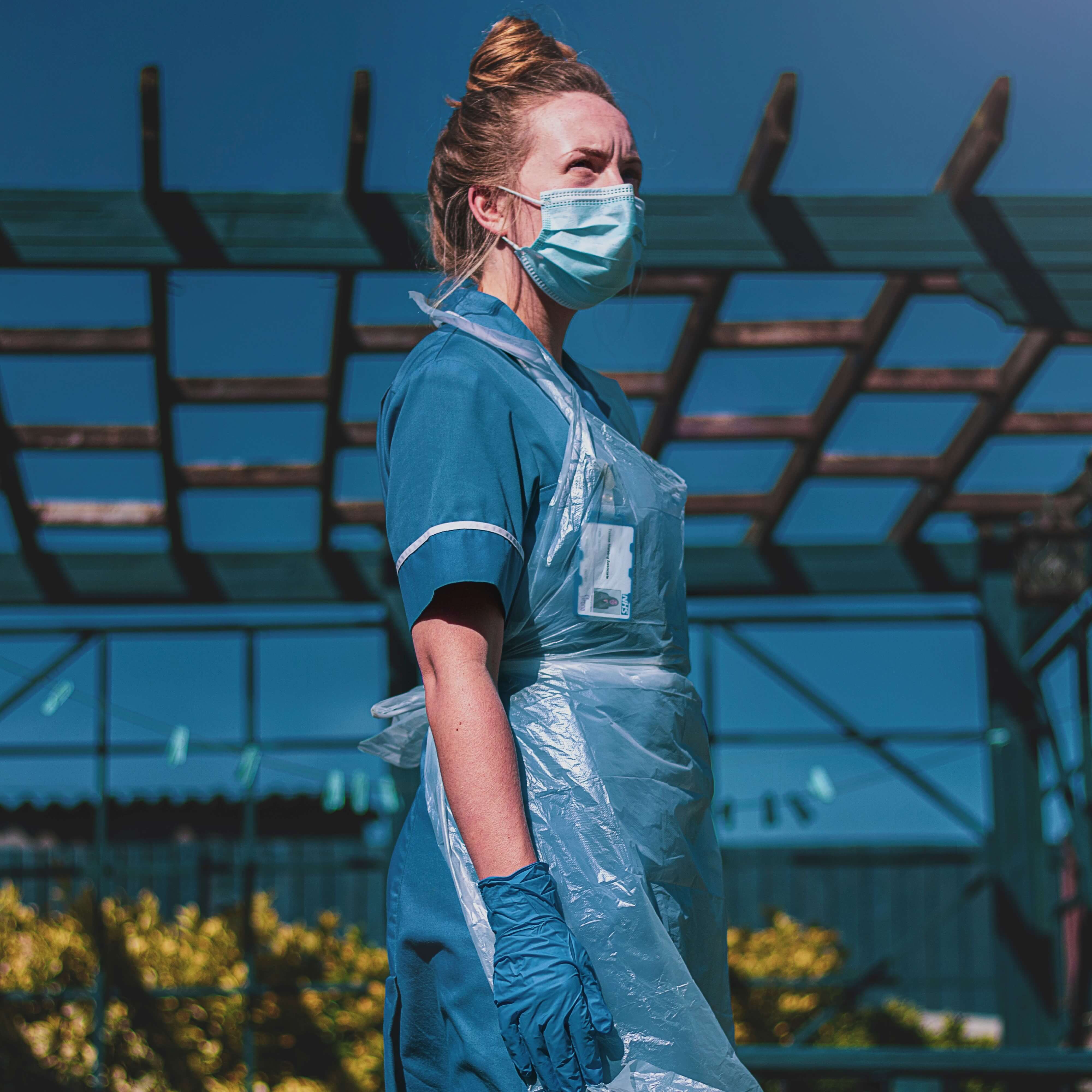
What Are the New Covid-19 Rules for 2023?
As the world continues to grapple with the ongoing Covid-19 pandemic, new rules and guidelines are being implemented to control the spread of the virus. This article will explore the new Covid-19 rules for 2023 and how they may impact daily life for individuals and communities. We will discuss the latest recommendations from health authorities and how these rules may change over time as the pandemic evolves.
It is important to note that Covid-19 guidelines can vary by region and may be subject to change based on the local situation. It is essential to stay informed and follow the guidelines in your area to protect yourself and others from the virus.
New Covid-19 Rules for 2023

Here are the new Covid-19 rules to keep in mind:
Wearing a Mask or Face Covering
People ask, Are face masks mandatory again in 2023? Well, wearing a face covering or face masks in pubs in the UK is one of the main Covid-19 rules implemented in many areas to help control the spread of the virus.
According to the Centre for Disease Control and Prevention (CDC), it is advised to wear masks or face coverings in public settings where it is challenging to maintain social distancing. These include public transport, crowded outdoor spaces, and stores. This is especially important for people at higher risk of severe illness from Covid-19, such as older adults or those with underlying health conditions.
It is worth noting that the specific guidelines for mask-wearing can vary by region and may be subject to change based on the local situation. In some areas, mask-wearing may be required by law or local ordinance, while in others, it may be recommended but not mandatory. Our government-approved Covid-19 tests include the Healgen rapid antigen test. Try one today and get your Covid results in minutes!
Self-Isolating
Self-isolating, also known as quarantine, is a measure that can be taken to help control the spread of Covid-19. Self-isolation involves separating yourself from others, typically at home, to prevent the transmission of the virus.
So then, is it a legal requirement to self-isolate? The government recommends self-isolation for Covid-19 patients or people who have been in close contact with someone who has tested positive for the virus. Furthermore, if the NHS app tells you to self-isolate for 5 days, there are a few things to keep in mind.
Firstly, the specific guidelines for self-isolation can vary by region and may be subject to change based on the local situation. In some areas, self-isolation may be required by law or local ordinance, while in others, it may be recommended but not mandatory. It is important to follow the guidelines in your area and consult with a healthcare professional if you have questions or concerns about self-isolating.
It is essential to follow self-isolation guidelines to protect yourself and others from the spread of Covid-19. This may involve staying at home, avoiding contact with others, and taking steps to prevent the transmission of the virus, such as wearing a mask and practising good hand hygiene. If you have signs of Covid-19 or have been in close contact with someone with the virus, it is essential to get medical care immediately.
Entering the UK From Abroad
As of December 2021, the United Kingdom has implemented several rules for people travelling to the UK from Spain or anywhere in the world to control the spread of Covid-19. These rules are subject to change based on the local situation and may vary by region.
Here are some of the current rules for entering the UK from abroad:
- Pre-arrival testing: People entering the UK from certain countries must take a pre-arrival test and present a negative result before entering the country. This includes people travelling from countries on the UK's "red list," which includes high-risk countries such as South Africa and Brazil.
- Quarantine: People entering the UK from certain countries may be required to quarantine for a specified period upon arrival. This includes people travelling from countries that are on the UK's "red list" and some countries that are on the "amber list."
- Travel exemptions: Some people may be exempt from the quarantine requirement, including essential workers and people travelling for urgent family reasons.
- Travel insurance: People entering the UK from certain countries may be required to have travel insurance that covers the cost of self-isolation and any necessary medical treatment.
If you have questions or concerns about travel to the UK, it is advisable to contact the relevant authorities or consult with a healthcare professional for guidance.
Conclusion
In this article, we discussed some of the new Covid-19 rules to be implemented in 2023 to control the spread of the virus. These rules include wearing a mask or face covering in public settings, self-isolating to prevent virus transmission, and following specific guidelines for entering the UK from abroad. It is important to stay informed about the latest Covid-19 guidelines in your area and to follow them to protect yourself and others from the virus.
The guidelines can vary by region and may be subject to change based on the local situation. Remember, it’s always best to know your Covid-19 status. Get the Flowflex Covid test kit or even a lateral flow test box today and get instant results.



